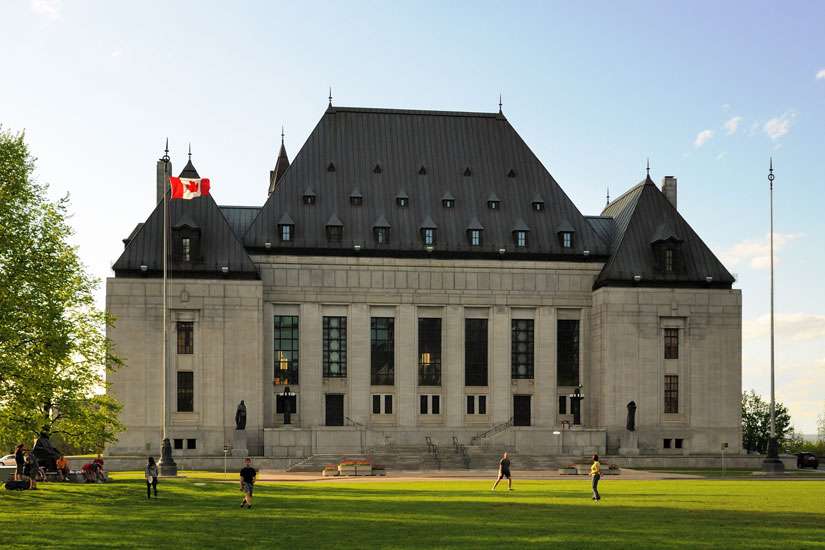Scher anticipates a constitutional challenge will come soon regarding the requirement in the legislation that death be “reasonably foreseeable” in order for someone to obtain euthanasia or assisted suicide. Advocates of a more permissive law believe anyone enduring physical or physiological suffering, including some minors, should be eligible for assisted suicide.
“We’ll see how the courts deal with that and the amount of deference the courts are willing to pay to Parliament on such a complex social policy issue,” Scher said.
He said challenges may also come from disabled and other vulnerable people who contend their Charter rights to life, security of the person and to equality are threatened by a law that permits assisted suicide and euthanasia. Others could challenge the “failure to provide palliative care as a right to all Canadians,” arguing it is “depriving Canadians of the ability to lead dignified lives.”
Bill C-14 is more restrictive than what the Supreme Court proposed in its controversial ruling in February 2015 that struck down Canada’s blanket ban on assisted suicide. The Court’s unanimous decision said consenting adults who have “a grievous and irremediable medical condition, including an illness, disease or disability, that causes enduring suffering that is intolerable” should have access to an assisted death, regardless of whether the illness is terminal or death is imminent.
Under Bill C-14, assisted suicide and euthanasia has been restricted to competent adults over 18 “whose natural death has become reasonably foreseeable.” In other words, they must not only be suffering but on “a course towards the end of life.” The person must make the request in writing, find two independent witnesses and receive two medical opinions. A 10-day waiting period is then required before a doctor or nurse practitioner can fulfill the request by providing a lethal dose of drugs.
The law recognizes two types of assisted death: voluntary euthanasia, in which a medical professional directly administers lethal drugs to a patient; and assisted suicide, in which a person self administers lethal drugs legally obtained through a medical professional.
As a result of a Senate amendment accepted by the House of Commons, people seeking an assisted death must be provided information about alternative options, including palliative care.
The law does not require medical professionals to participate in assisted killing against their will, but instead leaves the question of conscience protection for individuals and institutions up to provincial and territorial regulatory bodies. Catholic organizations, including the Canadian Conference of Catholic Bishops, had called for comprehensive conscience rights protections to be enshrined in the law to exempt health workers and religious institutions from participating directly or indirectly in assisted suicide and euthanasia. That matter will now be in the hands of the provinces and could well end up in the courts if any province attempts to force an institution to perform assisted killing against its will.
Bill C-14 is just the beginning of what is expected to be an evolution in assisted killing. The government has committed to studying the feasibility of extending the practice to mature minors and to allowing people in the early stages of diseases such as dementia to sign advanced directives to receive an assisted death after their condition makes it impossible for them to provide consent.
(With files from Deborah Gyapong)


